
Por Marcela Millán, Gerente Senior de Comunicación para Bumble Latinoamérica.
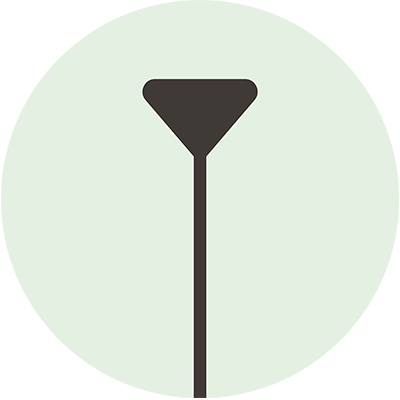
Debo confesar que uno de mis gustos culposos son los reality shows; disfruto sentarme, relajarme y, simplemente, desconectarme. Hace unas semanas estaba viendo un show que busca demostrar si el amor es ciego. En el primer episodio, los hosts preguntan a las participantes cuáles son las preguntas que le hacen a alguien durante una primera cita y me sorprendió escuchar que una de ellas era ¿has ido a terapia? Este mes la conversación de salud mental ha estado en la agenda mediática y he visto mucho foco en cómo atender trastornos y enfermedades de salud mental. Sin embargo, creo que es también importante integrar y abrir esta conversación al día a día… cómo cuidamos nuestra salud mental en los entornos laborales, el hogar, en nuestras relaciones, qué prácticas de autocuidado realizamos, cuándo es importante ir a terapia, etc.
Mi incursión a la terapia inició hace ya varios años y he pasado por distintas corrientes y profesionales - encontrar un buen terapeuta es muchas veces prueba y error- tocando también muchos temas, desde cuadros de depresión, la relación con mi cuerpo, temas de trabajo, etc. El crecimiento ha sido enorme, más no inmediato ni sencillo. Trabajar en mí misma ha implicado cierta incomodidad y enfrentar -y cuestionar- emociones y pensamientos pero, sin duda, la terapia psicológica ha sido, entre otras herramientas y recursos, una gran aliada.
A inicios de este año regresé a Bumble (como usuaria), era mi tercera vez en la app y, si bien no había tenido lo que generalmente se define como una “historia de éxito”, sí había acumulado buenas amistades, varias citas divertidas y una que otra anécdota. En esta temporada venía más relajada y estoy convencida que estar en terapia trabajando en mis relaciones sentimentales me ayudó mucho a llegar a este punto, ahora tenía prioridades y límites claros y un nuevo nivel de autoconocimiento. Hay muchas más personas que han visto un cambio positivo en su vida sentimental a raíz de asistir a terapia: en una encuesta reciente de Bumble en México, el 38% de las personas encuestadas indicaron que les había ayudado a establecer y respetar sus límites con una potencial pareja y el 30% señaló que gracias a esta práctica, pudieron definir qué buscaban de una relación.
Conocí a mi actual pareja a principios de este año y esta vez, como el 25% de los encuestados, ya no estaba dispuesta a conectar con alguien que no priorizara su salud mental y autocuidado y para mí, como para casi un cuarto de las mujeres encuestadas, hablar de salud mental desde la primera cita era más importante que hace 5 años. Descubrí que para él también y fue una de las conversaciones más enriquecedoras y reveladoras que he tenido en un primer encuentro.
Esta última cifra apunta hacia el cambio de paradigma en la actitud que tenemos como sociedad hacia estos temas tanto en hombres como mujeres, y cómo la comunicación abierta está reduciendo los estigmas que hay sobre salud mental. De acuerdo con los resultados, una abrumadora mayoría -el 92% de las mujeres y el 88% de los hombres- opina que es muy importante poder hablar abiertamente de temas de salud mental con una potencial pareja. Además, el 86% del total de los encuestados priorizó la madurez emocional sobre el atractivo físico, cuando se les preguntó sobre qué atributo era más importante en una potencial pareja.
El universo de personas que ofrece una app de citas es maravilloso, las posibilidades son infinitas. Podemos acceder a cientos de perfiles que también buscan una conexión genuina y que jamás conocerías en tus círculos de amigos, colegas o conocidos. Pero para realmente conectar con esas personas afines, lo más importante, es hacer el trabajo interno, de autocuidado, conocernos, establecer cómo queremos vivir una relación, qué podemos dar y qué queremos recibir porque las apps funcionan mejor cuando nosotras mismas tenemos claridad y el amor inicia desde adentro.
Las opiniones expresadas son responsabilidad de sus autoras y son absolutamente independientes a la postura y línea editorial de Opinión 51.
Más de 150 opiniones a través de 100 columnistas te esperan por menos de un libro al mes.


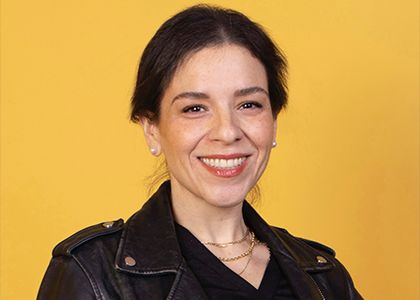
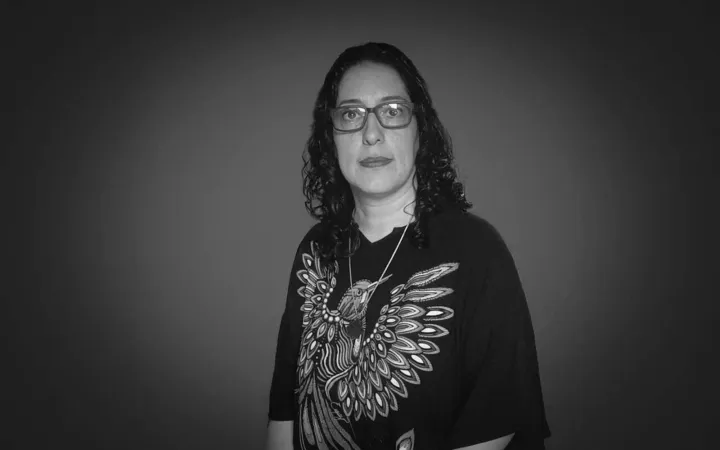
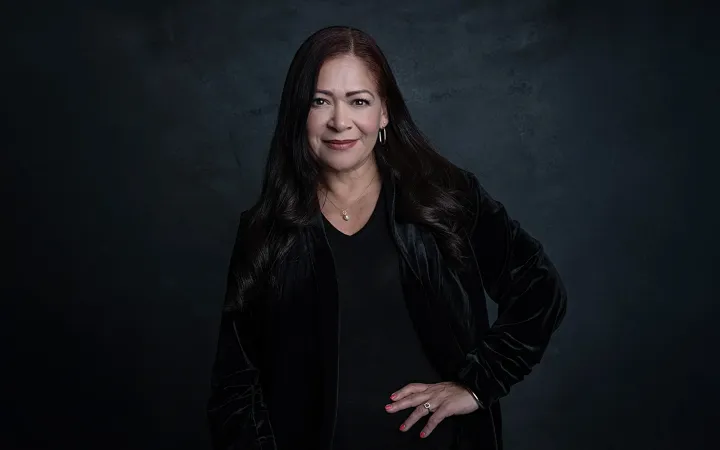
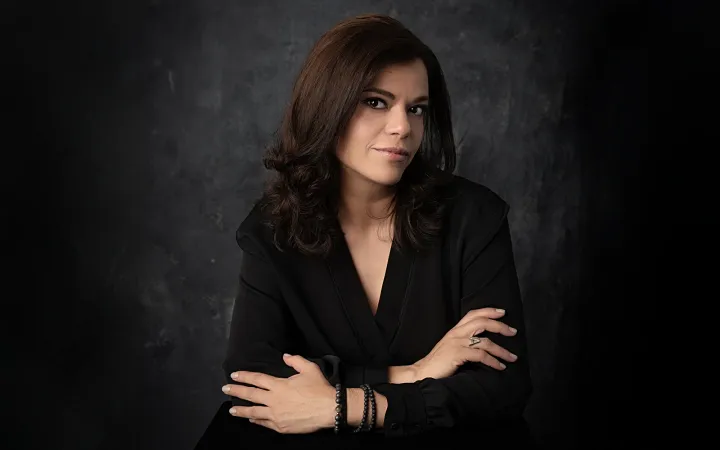
Comments ()